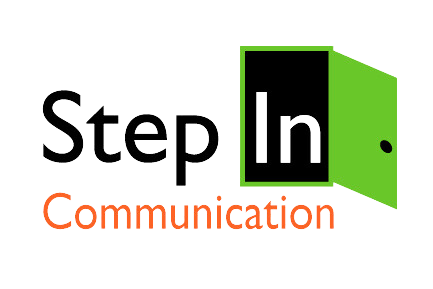Earlier this year, Sheldon Yellen, the CEO of Belfor, a disaster restoration company, donned a disguise and went undercover as part of the CBS reality show, Undercover Boss. The episode ran again this past week and brought to mind the value of employee engagement and input.
Yellen had made some assumptions about what was happening “in the field.” Like many companies reacting to the economic recession, Belfor had put a wage and hiring freeze in place to protect “6,000 Belfor families.”
But when Yellen got into the field, his assumptions were challenged immediately. If you haven’t seen the episode, I won’t spoil the outcome, but you can watch it here.
Yellen was completely inept at the tasks he was asked to complete – and admitted so in the sidebar interviews that are part of every reality show. Toward the end of the episode, as he’s flying off in his private jet back home, he reflects on what he’s learned.
“I lived my life in a bit of a bubble.”
Yellen’s changing point of view seems remarkable but internal communicators everywhere, a leader who is ready to make a change is at a priceless tipping point and is a reminder that the impact of leadership should NEVER be underestimated.
While we don’t know what changes have occurred at Belfor since the episode, and can only judge by the episode itself, Yellen learned a lot about employee engagement and policy impact. The innocently crafted wage and hiring freeze to cope with the recession had broad-reaching implications that leadership didn’t anticipate and in fact, was hurtful to the four employees showcased in the episode.
This highlights another important principle in employee communication – the value of sharing business challenges with internal teams. Especially in the face of uncertainty. Employee engagement goes a long way in helping to develop solutions. And it is the first step in co-creating business solutions. We’re not talking about the old school suggestion box, we’re talking about a more team-oriented approach.
To communicators, Belfor seems completely out of touch with one of its key stakeholders, the employees of the company. They are not alone. Many companies struggle with how to communicate WITH its employees, usually because they are concerned about corporate reputation.
Yet every year, the impact of internal audiences on corporate reputation is well documented in the Edelman Trust Barometer, an annual survey on corporate reputation and trust. In the 2011 report (hyperlink), 63% of respondents believed a corporation which treats its employees well is what matters to corporate reputation.
In another section of the survey which queried the credibility of information sources about a company, three of the sources cited are largely internal. They are: a tech expert within the company (at 64%), a person like yourself (at 43%) and a regular employee (at 34%). While the role of the CEO as a credible source also ranked high, the impact of the internal audience is very clear.
At the end of the show, Sheldon Yellen, CEO of Belfour, says to one of the four employees he worked with undercover, “I heard you so clearly.” It was the “epiphany” moment for the show, and we hope, for Belfor in creating a new sense of engagement with their internal stakeholders.
